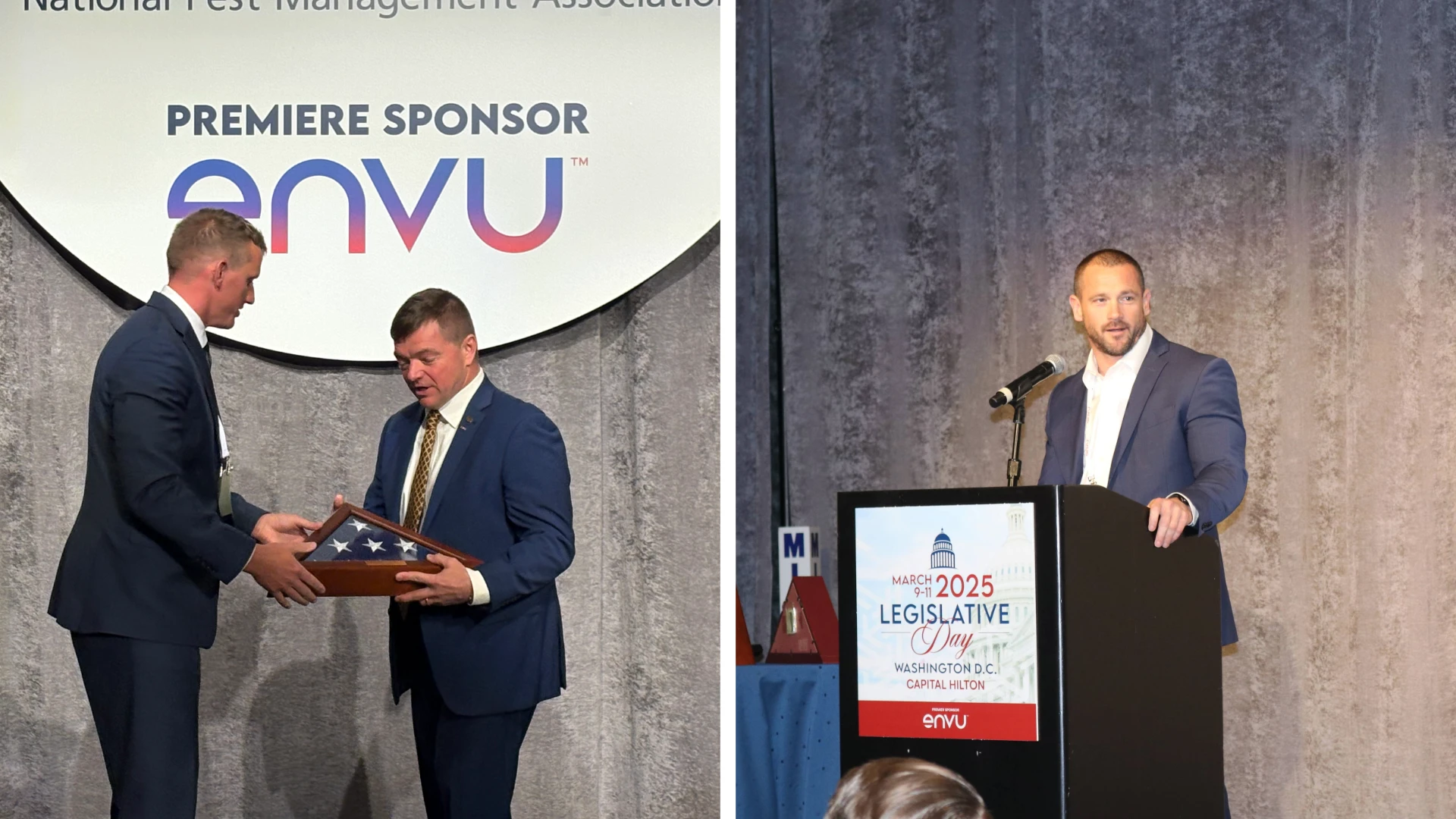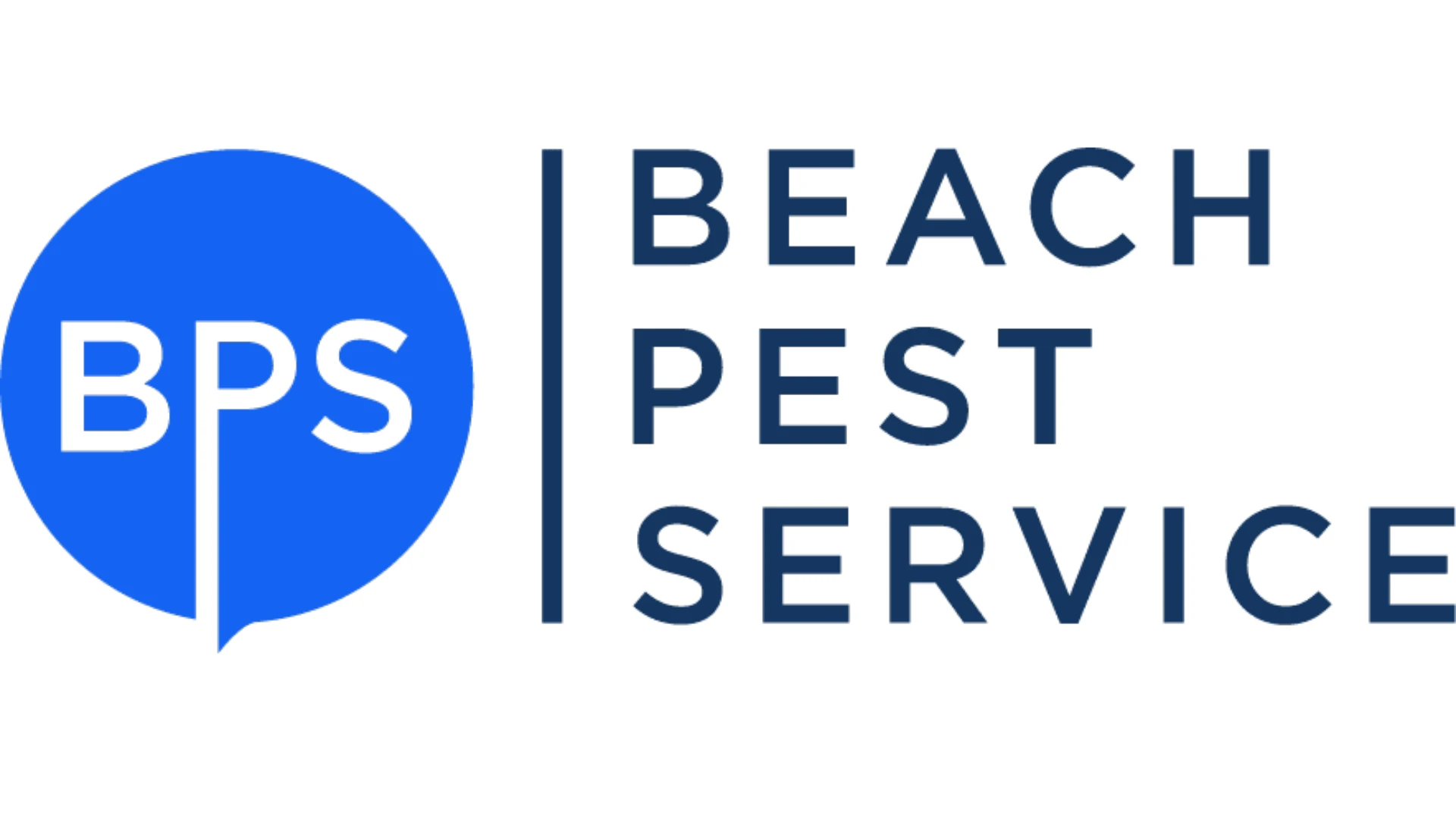Promotions are an iffy concept in the service business. This goes back to the notion that what we do is, by nature, reactive. The customer experiences or perceives a need, and reacts by seeking service. The reactive nature of this process means the customer will then usually seek a referral from a trusted source (friend, neighbor, relative, coworker, etc.), will recall a name from some historical external stimulus (typically advertising, seeing trucks in the neighborhood, a prior experience, etc.) or might turn to the Yellow Pages as he/she has been conditioned to do through years of highly sophisticated marketing.
This reactive process works to the advantage of the awareness advertiser who, over time, successfully imprints the company name and image (brand) in the mind of the consumer. The awareness idea is that when the customer has a need, he is already aware of your name. The reactive process works against the pest management professional who occasionally wants or needs to stimulate the marketplace. In other segments or circumstances, a promotion might occasionally be called for. In our business, as I said at the outset, promotions are more difficult to conceive and execute.
DIFFICULT, BUT NOT IMPOSSIBLE. A promotion, in essence, is a period of time during which a special incentive is offered to stimulate incrementally higher than normal response. Most often the promotion is in the form of a sale, or a reduced price (“Buy now and save 20 percent”). Sometimes the promotion introduces a new product or service (such as Sentricon or Termidor), without necessarily lowering the price. Sometimes the promotion is tied to an incentive or premium (“Buy termite protection, get a weekend at the beach”).
In virtually all cases, the promotion is time sensitive and is supported by additional advertising or direct marketing of some kind. (Note: In certain segments, furniture and jewelry, for example, it seems the promotion never ends. Does anyone actually pay full retail price for either fine jewelry or most home furnishings? These items are always on sale, and the savvy consumer knows this.) Outside of normal swarm season, for example, it might be appropriate to use direct mail to make a meaningful “dollars off” or “percent off” offer to existing pest customers who are not already termite customers.
Another approach may work during the summer when dramatic climatic conditions or specific pests emerge onto the scene. A radio commercial offering a special price for new annual pest service agreements may find a higher than normal return during a season “when the fish are biting.”
If you do business in a community with especially active or organized homeowner associations, offering “free seminars” to homeowners interested in termite protection, pest prevention, or lawn and ornamental care might prime the pump a bit. People often ascribe “expert” status on professionals who provide information about which they might otherwise be unaware. And either concurrent with the “seminar” or sometime thereafter, you might find yourself getting unsolicited phone leads from folks who attended.
Personally, I believe the best strategy for long-term revenue and customer base growth involves first providing exceptional service. Next, invest in awareness advertising that differentiates you from the rest of the business competing in your marketplace. Finally, look and behave better than everyone else.
Do those things right and you lessen the need for sales, incentives and other iffy promotional activities.
The author is senior vice president of Massey-Persons-Brinati Communications, a subsidiary of Massey Services Inc., Maitland, Fla. He can be reached via e-mail at bbrewer@pctonline.com.

Explore the July 2002 Issue
Check out more from this issue and find your next story to read.
Latest from Pest Control Technology
- Understanding Rodents and Bird Flu
- Green Pest Solutions Awards Safest Driver New 2025 Ford F150
- UF/IFAS Sheds Light on Tiny Invaders During Termite Awareness Week
- Registration Open for Lawn & Landscape Technology Conference
- Fleetio Launches Automotive Service Excellence Scholarship
- WorkWave Appoints John Phelan as CTO
- PMPs Use Capitol Hill Visits to Push for Preemption
- 20 Trapping Tips





